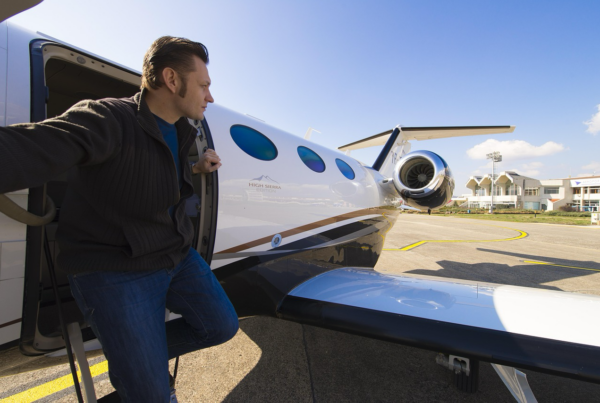At the Tourism Business Council's annual conference, Interior Minister, Leon Schreiberannounced the imminent launch of theETA, l'electronic travel authorizationwith a public presentation scheduled for September 18, 2025. This event is presented as a milestone for the South African government and for the tourism sector, paving the way for the complete digitization of formalities entrance. The aim is to enhance the system's safety credentials, while improving the way passengers are welcomed, in particular by reducing queues and improving the traceability of passenger data. biometric data. At the heart of the projectartificial intelligence and theautomatic learning will be used to optimize controls and streamline border crossings. The plan calls for an initial phase focusing on tourist visas for periods of less than 90 days, before a gradual extension, in order to ensure that the approach is based on a logic of "one-stop shopping". digital sustainable and better safety. This announcement is fully in line with the vision of the President Cyril Ramaphosa and the Ministry of the Interior, who want to make immigration a smoother experience while preserving border security.
In this context, the official story emphasizes the importance of the digitalization and the close link between administrative modernization and economic growth. The government is promising a gradual transition to a fully virtual user experience, where travelers will be able to plan their trip from their online profile and receive an almost instant response. The program is part of the wider five-year Home Affairs @ Homewhich aims to digitalize all procedures related to theimmigration by 2029, based on biometric and automated technologies. Although the list of nationalities concerned by the ETA requirement has not yet been published, the vagueness of the situation suggests that developments will be similar to those seen elsewhere (ESTA, e-Visa). For tourism professionals, the challenge remains: streamlining travel procedures while guaranteeing enhanced security and reliable traceability of all data. biometric data. The objective remains clear: to speed up the flow of tourists and investors, without sacrificing the regalian framework or ethical data protection standards.
South Africa official launch of theETA to modernize passenger reception
How the South African ETA works
In concrete terms, theETA is presented as an electronic travel authorization capable of digitizing and automating formalities entry. The system is based on theartificial intelligence and theautomatic learning for algorithmic sorting of visawhile maintaining enhanced security. Initially, the system will target visa of less than 90 days and will be deployed in the international airports starting with OR Tambo in Johannesburg and Cape Town. The application process will be digital and almost instantaneous, via smartphone and without paperwork - a promise that will delight travellers tempted by simplicity and reduced delays. On arrival, verification systems will be based on biometric data to secure checks and combat fraud.
This deployment is not just a technical step. It is part of a global modernization approach in which the system immigration system is transformed into a connected digital tool, streamlining crossings and facilitating visits. The government emphasizes that this initial chapter is accompanied by an enhanced security framework and faster service for tourists, while laying the groundwork for future extension to other visa categories, such as work, study and residence. Visit Ministry of the Interior also points out that biometric data and associated protections will be at the heart of control mechanismsto preserve travelers' trust and avoid potential abuses. The transition to a fully digital requires transparent communication and appropriate training for operators and employees. travelers.
Over the months and months deployment industry professionals will be closely monitoring the return of passports and visa to adjust protocols and guarantee a frictionless experience. Business travellers and tourists will each be concerned in the long term, with the aim of maximizing the appeal of theSouth Africa as a destination of choice and support more sustained economic growth, while stepping up the fight against fraud and illicit practices at the border. The ambition is clear: to make digital an added value for hospitality, without losing sight of the importance of security and personal data protection.
Further down the line, the ideal scenario calls for the system to be extended to all land ports of entry, and harmonized with the existing e-Visa system, to avoid confusion among travelers. At the same time, public discussions are focusing on the accessibility of the system for less-connected populations, and on educational resources to support travelers and tourists in this transition. The government recalls that the initiative is supported by the declarations of the president Cyril Ramaphosa and the Minister Leon Schreiberwhich present the ETA as a world-class system at the service of a digitalization of immigration and greater administrative efficiency. The transformation, albeit gradual, is presented as an essential step in positioning South Africa as a laboratory for the future. modernization and a more competitive tourism offering.




